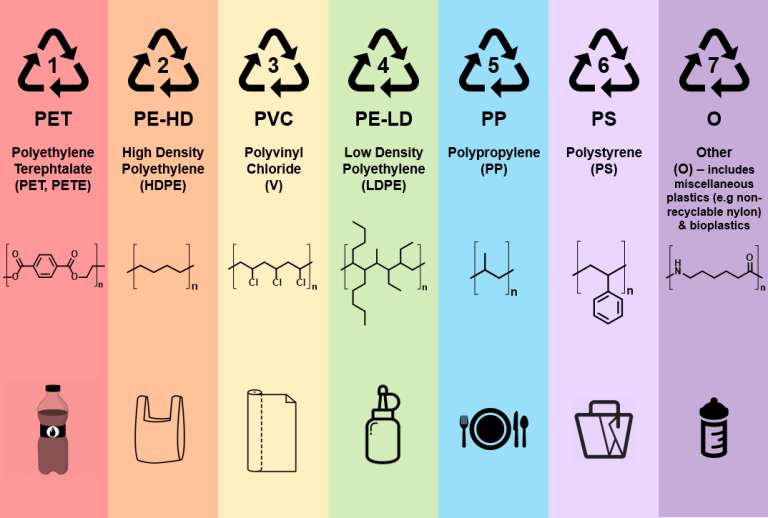
From The Green Chemistry Initiatives Blog. Flickr
Introduction
There are thousands of inventions that help us in our everyday life, plastic being one of them. Although they are quite useful and common in today’s society, do you really know the consequences of using one too many plastic products?
Plastic is any synthetic or semisynthetic organic polymer. While plastics may be made from just about any organic polymer, most industrial plastic is made from petrochemicals. The two main types of plastic are thermoplastics and thermosetting polymers. The name "plastic" refers to the property of plasticity, the ability to deform without breaking (Helmenstine, 2020). Due to their molecular structure, it is difficult for the material to break down naturally. The majority of plastics could even remain in their original state for a century, which will end up as deadly waste in landfills and the ocean.
By the end of the 20th century, plastics had been found to be persistent polluters of many environmental niches, from the slopes of Mount Everest to the seabeds of our magnificent oceans. Whether being mistaken for food by animals or flooding low-lying areas by clogging drainage systems, plastics have become one of the main pollutants in the 21st century (Moore, 2022).
Many birds often mistake shredded plastic bags as food, filling their stomachs with toxic debris. For hungry sea turtles, it's nearly impossible to distinguish between jellyfish and floating plastic shopping bags. Fish eat thousands of tons of plastic a year, transferring it up the food chain to even bigger fish and marine mammals. HOW DID THIS ISSUE COME TO BE? Eventually, microplastics are consumed by people through food and in the air. It’s estimated that globally, people consume the equivalent of a credit card of plastic every week. It is also expected that there will be more plastic than fish in the sea by 2050 (Centre for Biological Diversity, n.d.)
How did this issue come to be?
The fossil fuel industry plans to increase plastic production by 40% over the next decade. These oil giants are rapidly building petrochemical plants across the United States to turn fracked gas into plastic. This means more plastic in our oceans, more greenhouse gas emissions and more toxic air pollution, which exacerbates the climate crisis that often disproportionately affects communities of colour (Centre for Biological Diversity, n.d.). The majority of this plastic goes to low-income countries because of the lack of better waste management systems -something only countries with high incomes are able to afford.
The overuse, and mass production of plastic products is a serious problem that affects not only the environment, but as well as the entire animal kingdom, society, and humans. Ever since the 1950s, plastic production has increased 200-fold on a yearly basis, which leads us to now, where the world is surrounded by more than 381 000 000 tonnes of plastic; equivalent to the mass of more than ⅔ of the global population.
Conclusion
Realistically, the practice of plastics is not easy to reduce or eradicate, so much of our world has come to rely on plastics for safety, food management, clothing, and other uses we take for granted. Whether it be banning plastics as a whole, or finding eco-friendly substitutes, consumer consumption and demand is so high in today’s society that said substitutes would deplete our natural resources, which will lead to global consequences. Going forward with this generation and the next to come, we can attempt to personally reduce our ecofootprint in our daily life by wasting less plastic; it is a commitment that politicians aren’t ready to follow through with.
Having the entirety of our systeming shift in order to be more eco friendly would require great amounts of effort that most governments are not willing to put in yet. Therefore, some ways that we can reduce plastic use as individuals would be by using reusable containers, buying local and in season produce, growing and sustaining local food, purchasing necessities to avoid waste, avoiding fast fashion, and various other daily actions we often overlook.
As stewards of the lands, oceans, and skies of the Earth, we must guarantee its sustainability for future generations to come and civilization as a whole.
